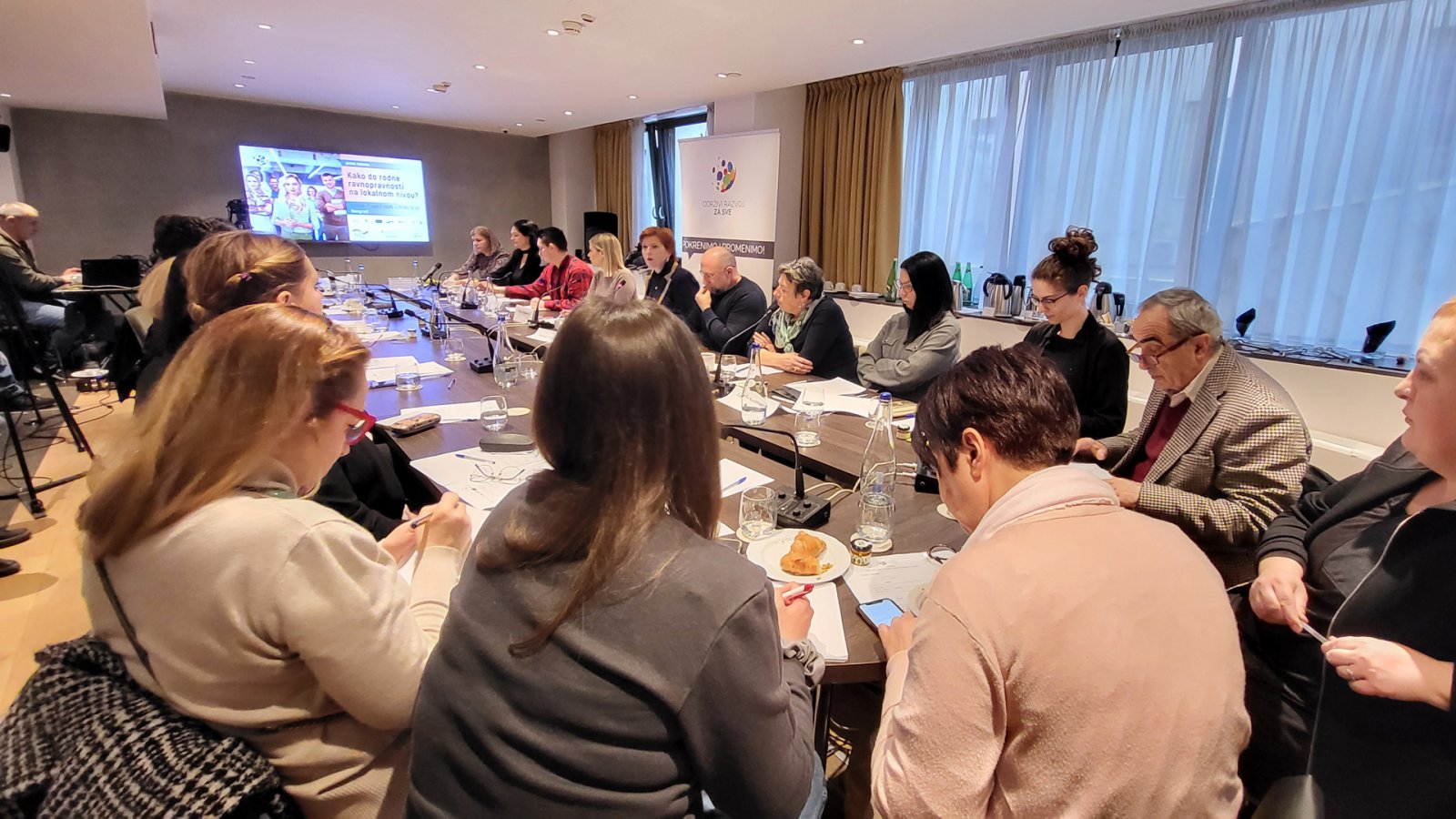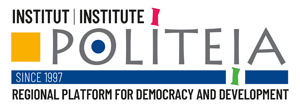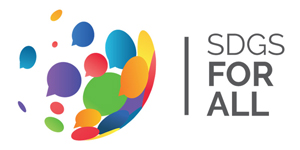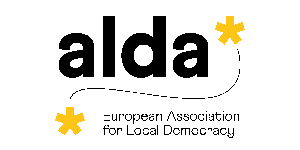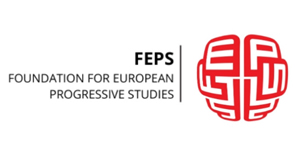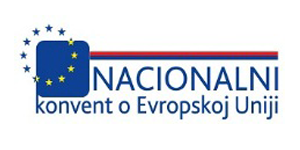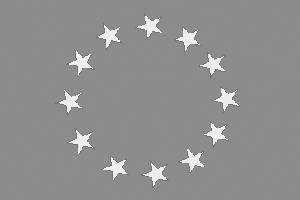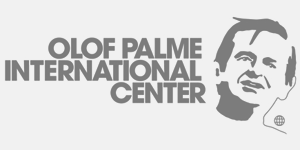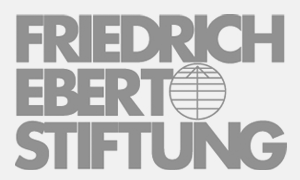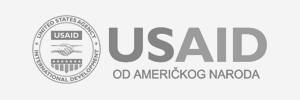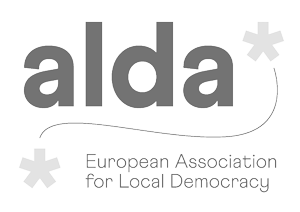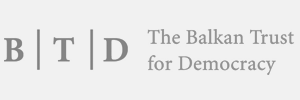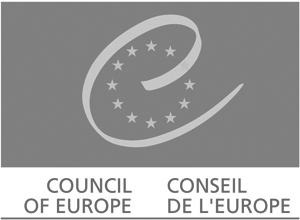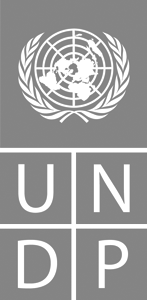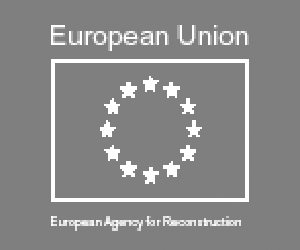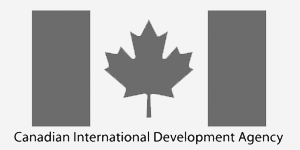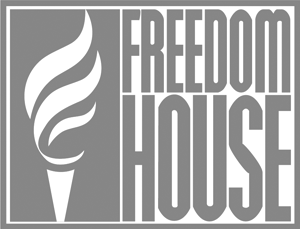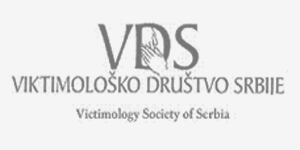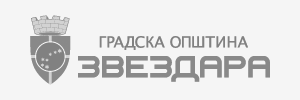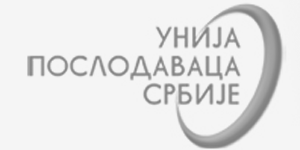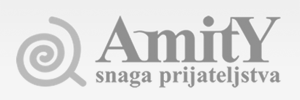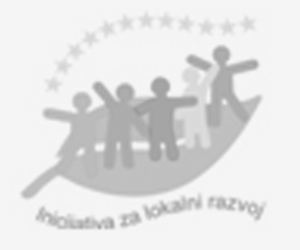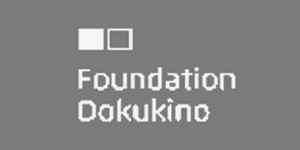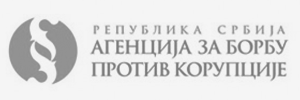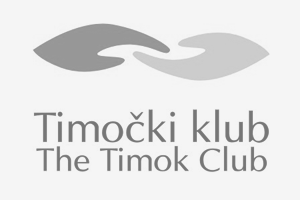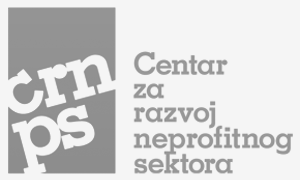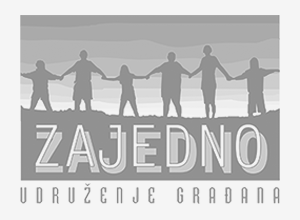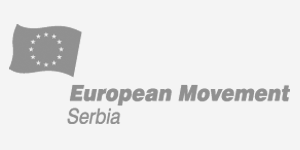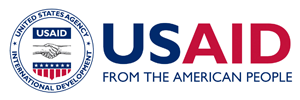Public debate: Single and Independent – Local Policies Supporting Parents Raising Children Alone
SDGs for All Platform
On 1 April 2025, the Centre for Democracy Foundation organised a public debate entitled Single and Independent – Local Policies Supporting Parents Raising Children Alone, as part of the Social Pillar of the Sustainable Development for All Platform.
The discussion focused on the improvement of local policies aimed at enhancing the position of single parents and single-parent families, as well as on measures and solutions that would contribute to the development of more inclusive policies and services at the local level.
Participants in the debate included: Lidija Kuzmanov, Researcher; Dragan Stanojević, Institute for Sociological Research; Gordana Savić, Užice Centre for Human Rights and Democracy; Staniša Stanković, Peer Educator working with young people from single-parent families; Dr Zorica Mršević, Legal Expert, Researcher and Human Rights Activist; Marija Srdić, Researcher; Nataša Vučković, Centre for Democracy Foundation; Ivona Gvozdenović, Ana and Vlade Divac Foundation; among others. The debate was moderated by Ivana Stojanović, Journalist.
The discussion highlighted that nearly half of single parents and their children in Serbia (48.9%) are at risk of poverty or social exclusion, compared to 22.1% in two-parent families. The living conditions in single-parent households contribute to the perpetuation of poverty, particularly affecting children.
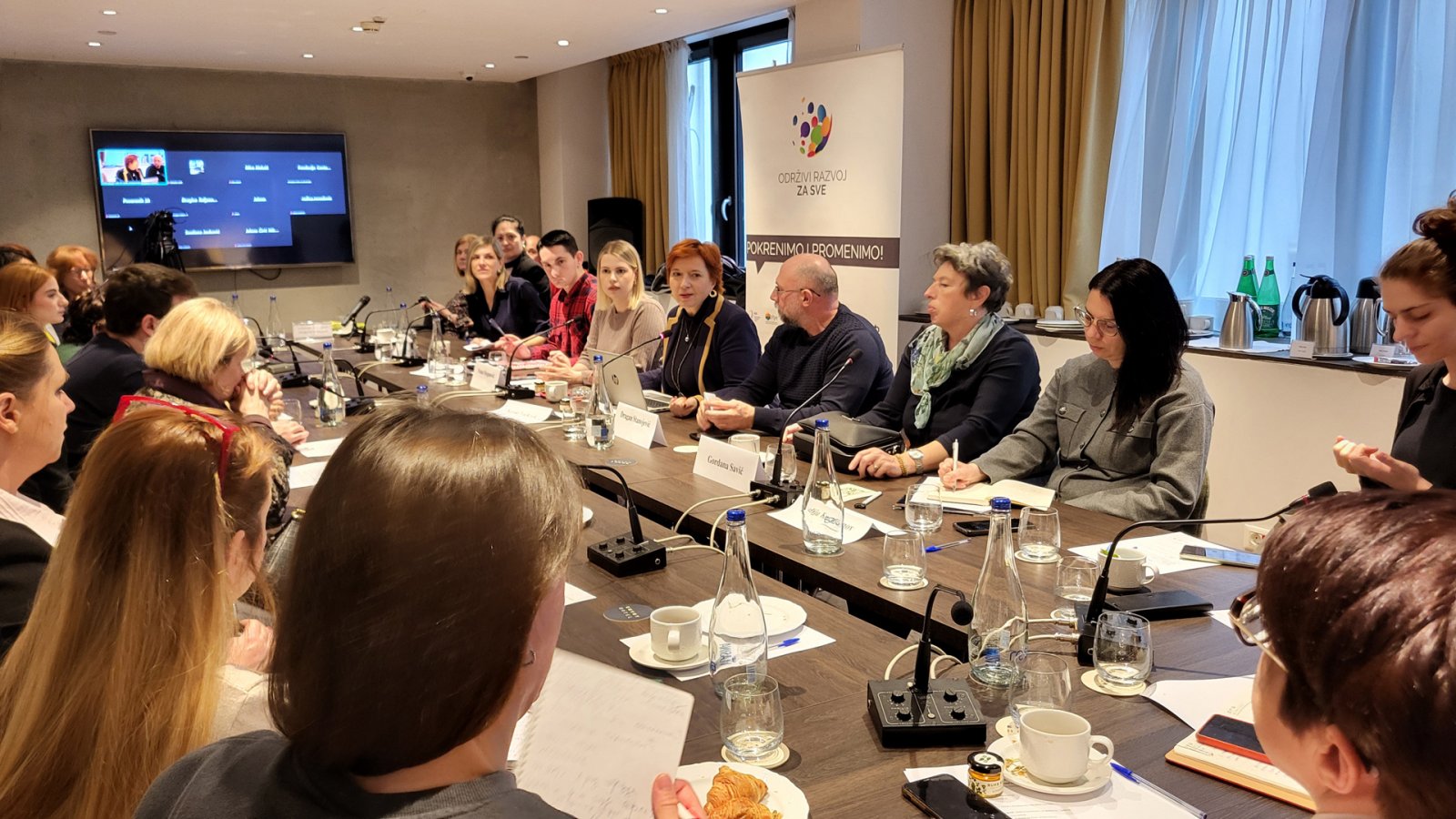
Research on the situation of single parents indicates that they face numerous challenges, including unresolved housing issues, unemployment, discrimination in hiring and in the workplace, financial insecurity, non-payment of child maintenance, lack of support in childcare responsibilities, and the absence of adequate social support—both institutional and informal.
Data show that almost 35% of single-parent households are at risk of poverty, compared to nearly 19% of two-parent households. Low work intensity affects 34% of single-parent households, whereas in two-parent households this figure is slightly over 8%.
Single parenthood also has a significant gender dimension—80% of single parents are women, who, without adequate institutional childcare services within their community, are often left wondering how they can engage in employment at all. The challenges are significantly greater for families raising children with disabilities, where issues are multiplied to an alarming degree. The state of social services at the local level is a cause for concern, and it is crucial to examine how best to respond to the needs of these families. It was emphasised that the establishment of a state-maintained Child Maintenance Fund would represent significant progress and assist in addressing the challenges faced by parents who do not receive support from the other parent refusing to pay maintenance, as responsibility for ensuring payment would be assumed by the state.
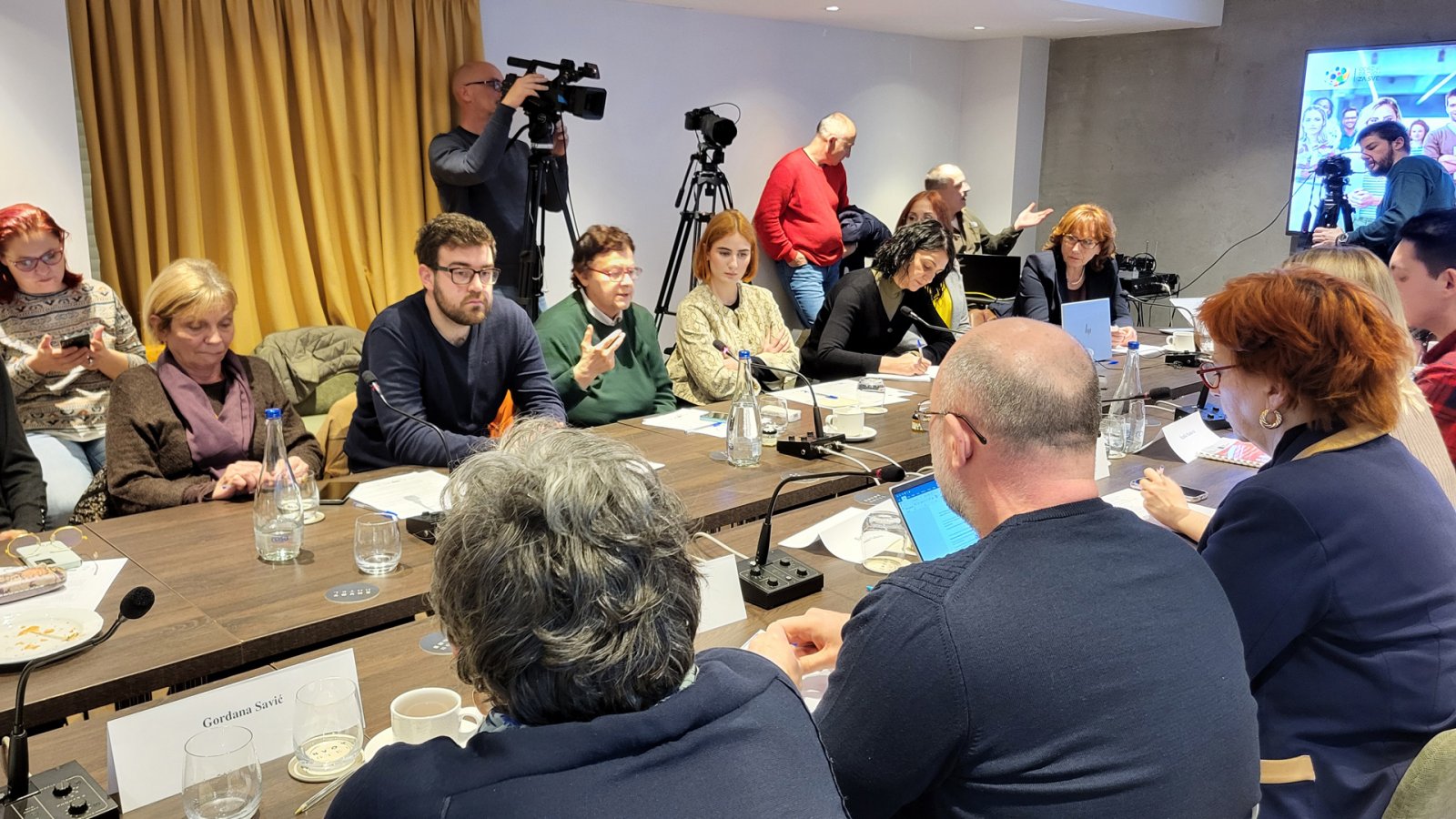
When discussing the concept of single parents or single-parent families, it was emphasised that the current legal definition is overly narrow. The importance of a comprehensive Social Protection Strategy was underscored, along with the need to segment vulnerable groups and analyse the specific needs of each subgroup, in line with the core principle of the 2030 Agenda for Sustainable Development “Leave no one behind”.
The debate concluded that connectivity, data sharing, exchange of experiences, and examples of good practice are essential in defining common directions for future action. Inter-municipal cooperation could potentially serve as a useful framework for planning social protection services. A clear link between service planning and funding is necessary, as is the collection and analysis of data on the needs of the most vulnerable populations.
The public debate was organised as an activity of the Advisory Thematic Group – Eradicating Poverty within the SDGs for ALL Platform.
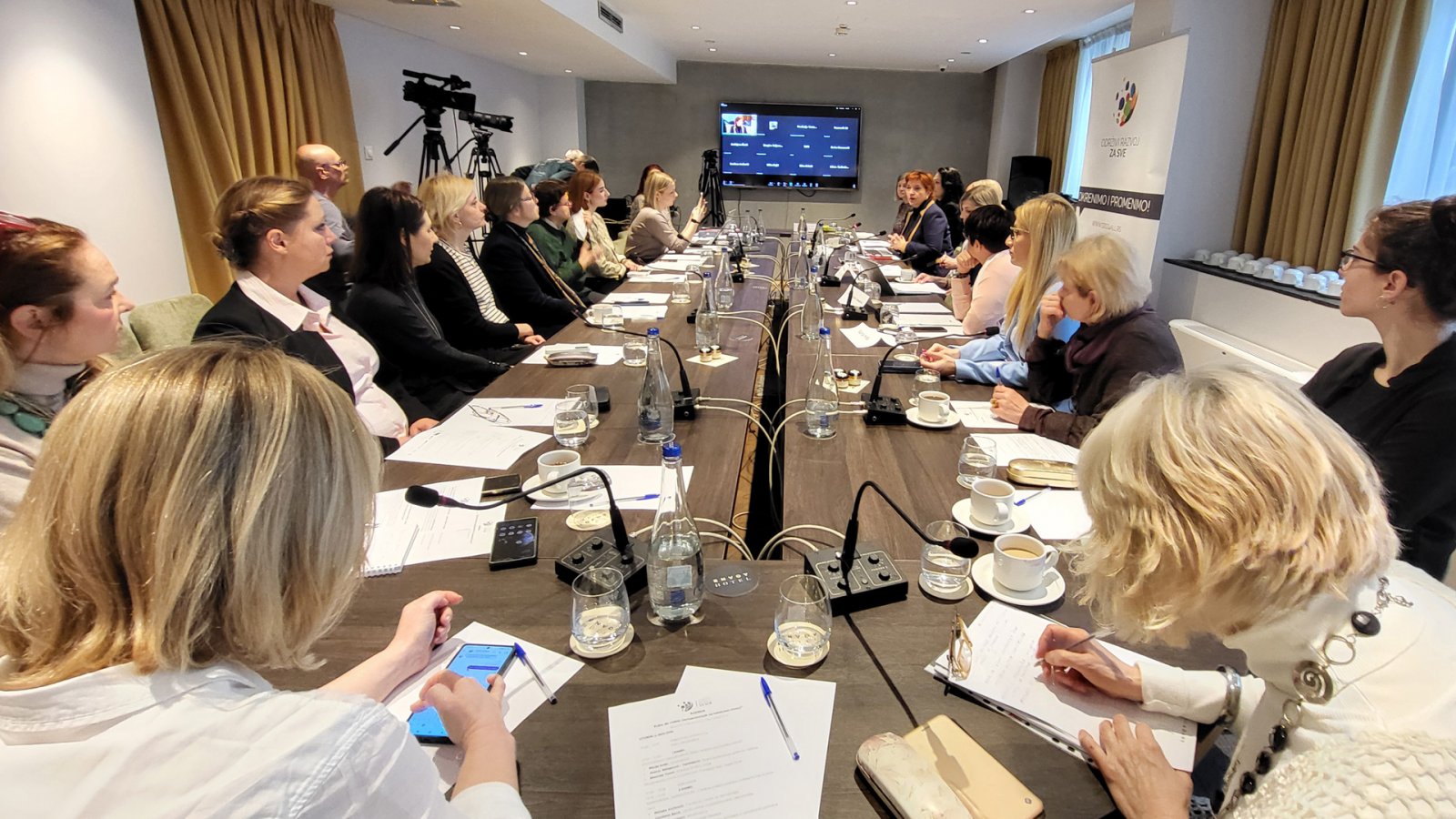
The “SDGs for All” Platform enables a broad discussion among the Serbia’s non-state actors, including civil society, corporate sector, academic and research community, media and the citizens, on aligning Serbia’s development priorities within the objectives of the 2030 Agenda for Sustainable Development.
The “SDGs for All” Platform is supported by the Governments of Switzerland and Germany and implemented by GIZ, within the project “Public Finance Reform – 2030 Agenda”.
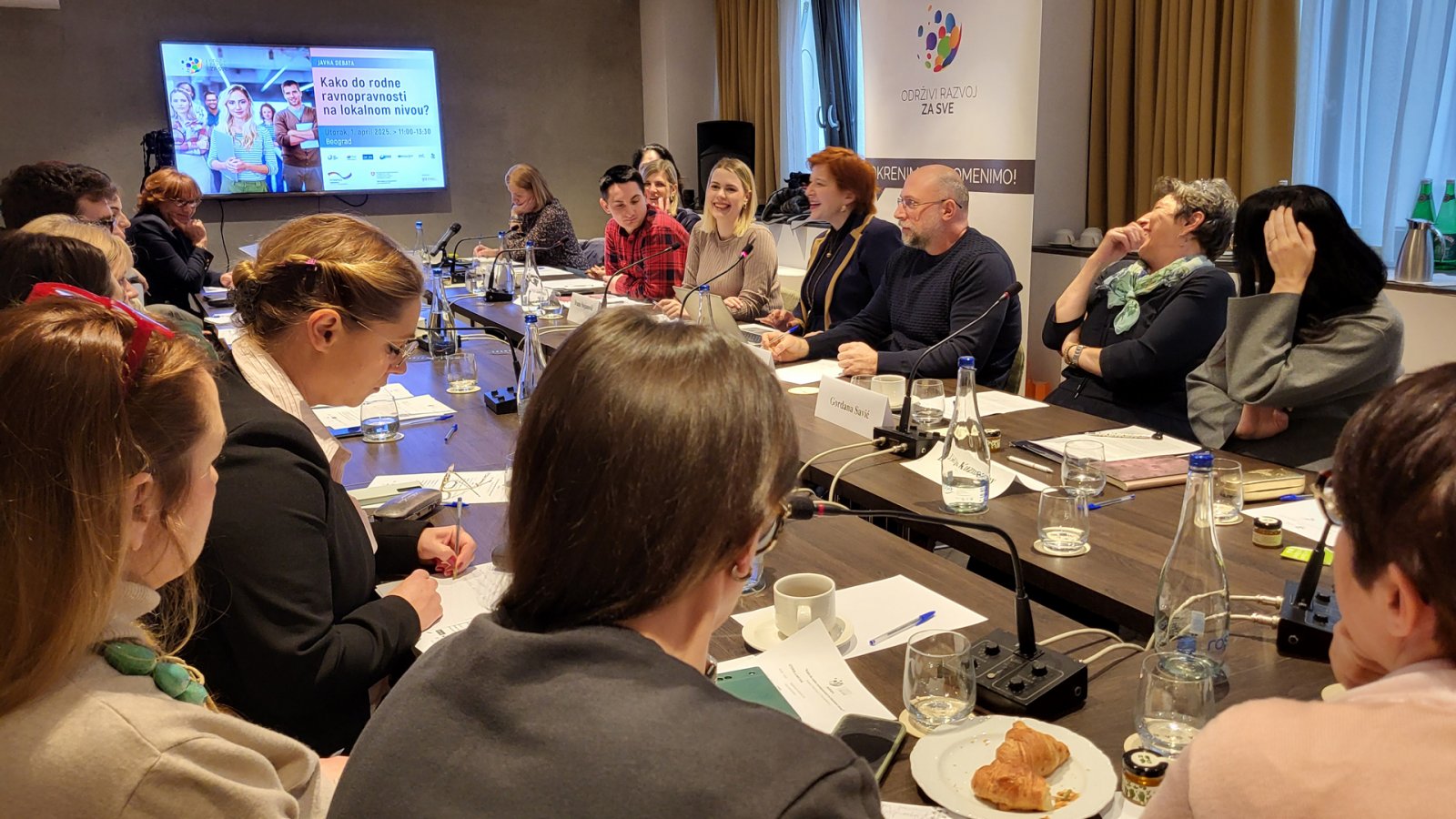
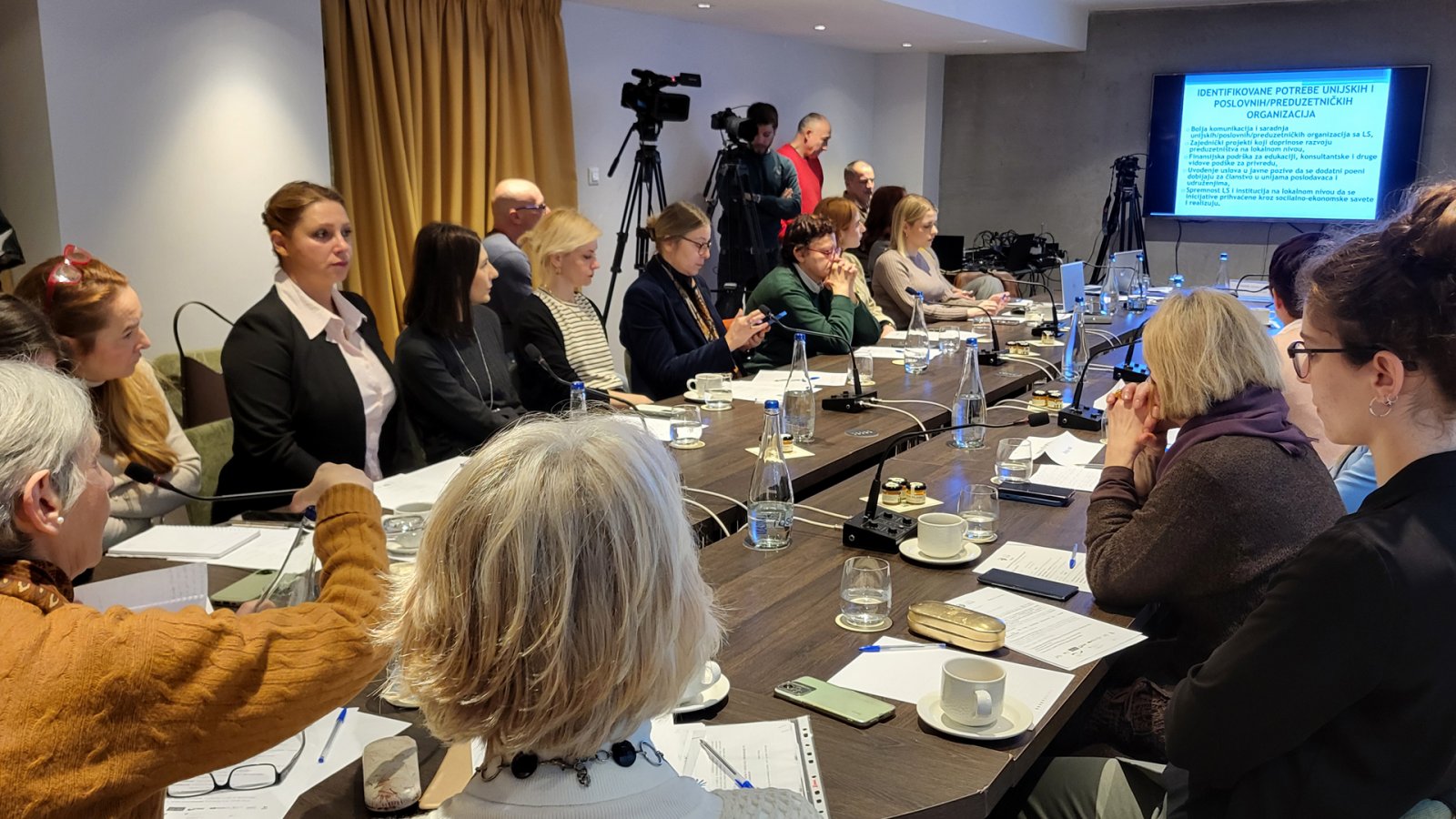
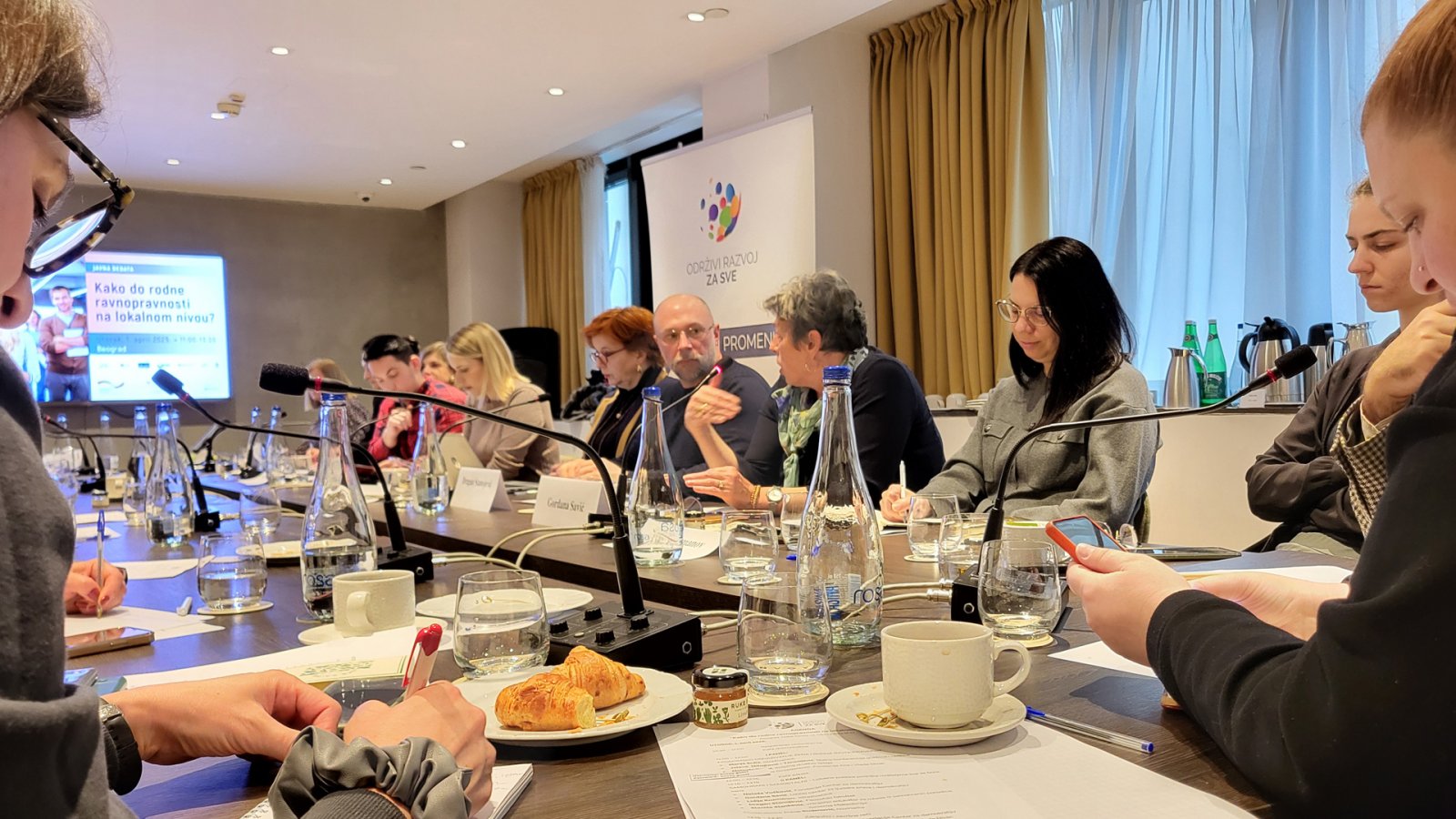
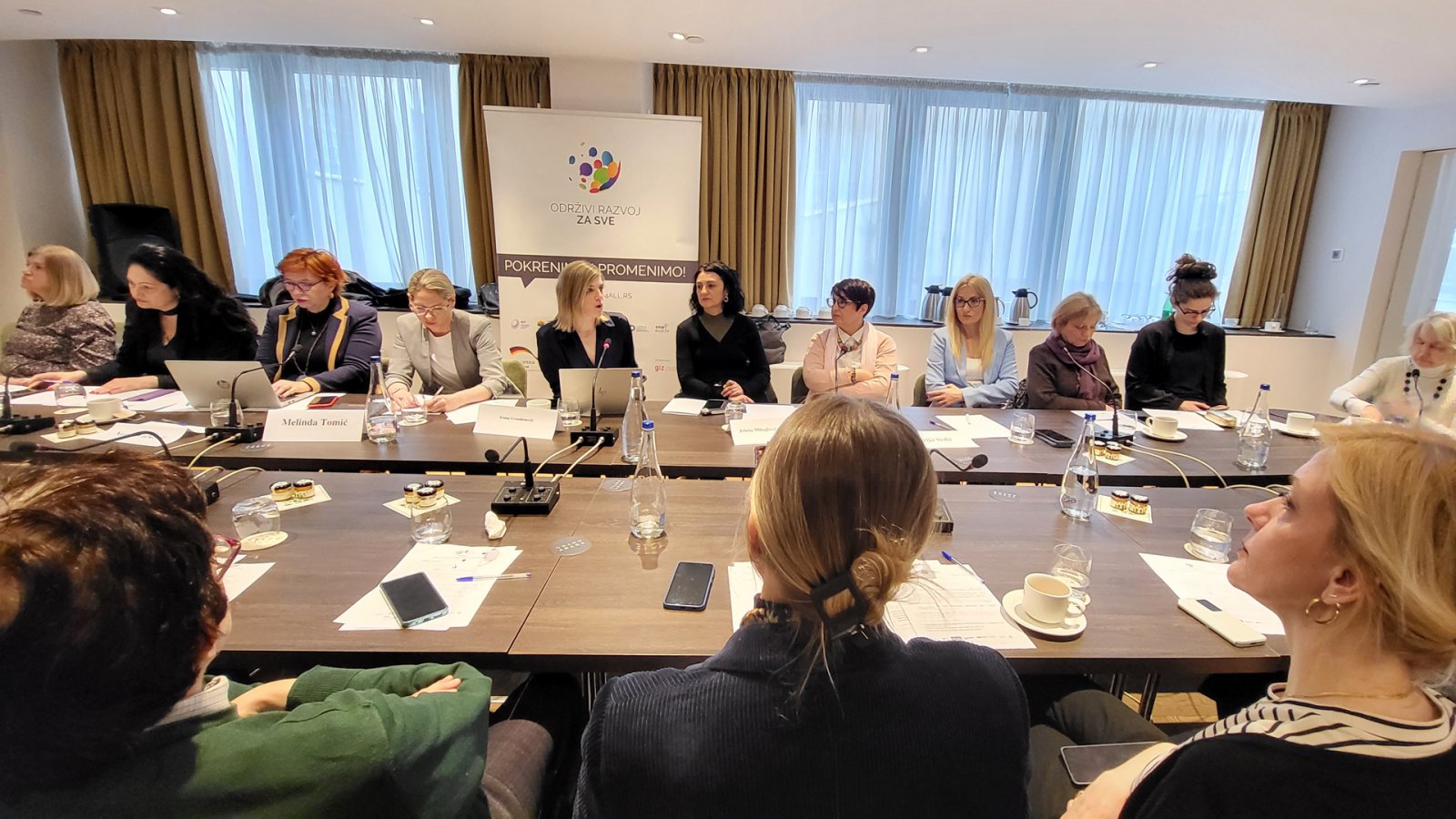
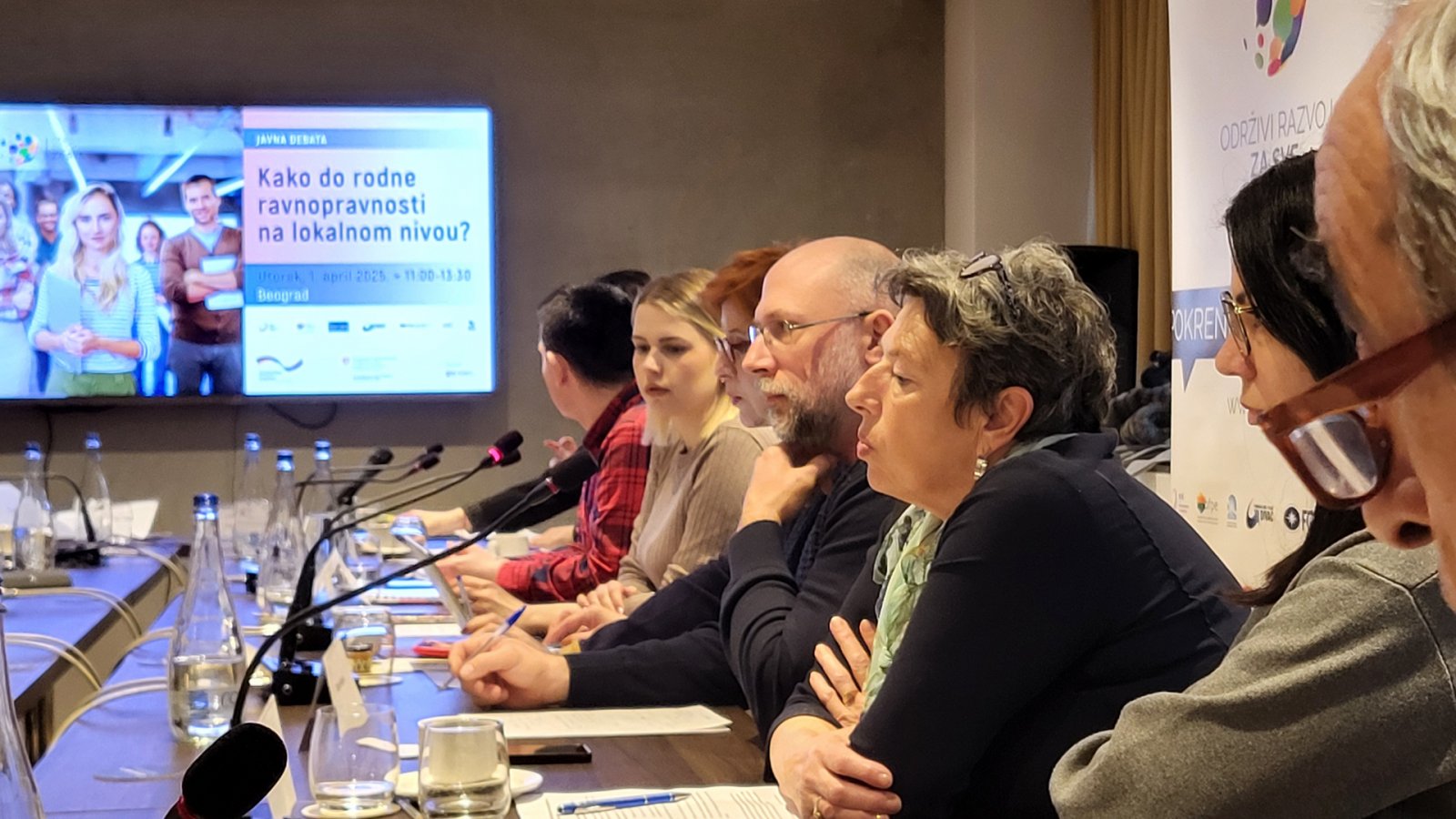
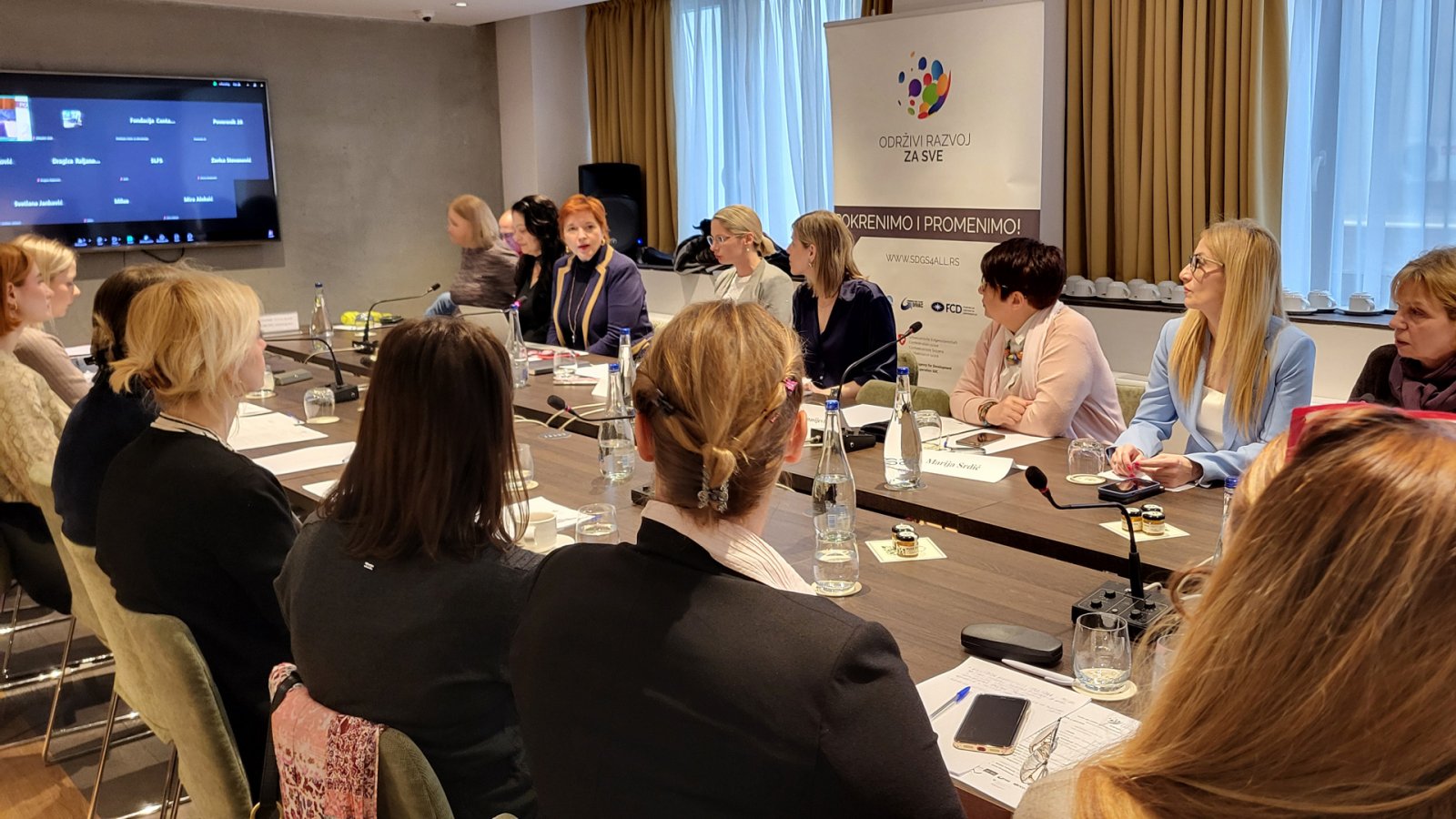
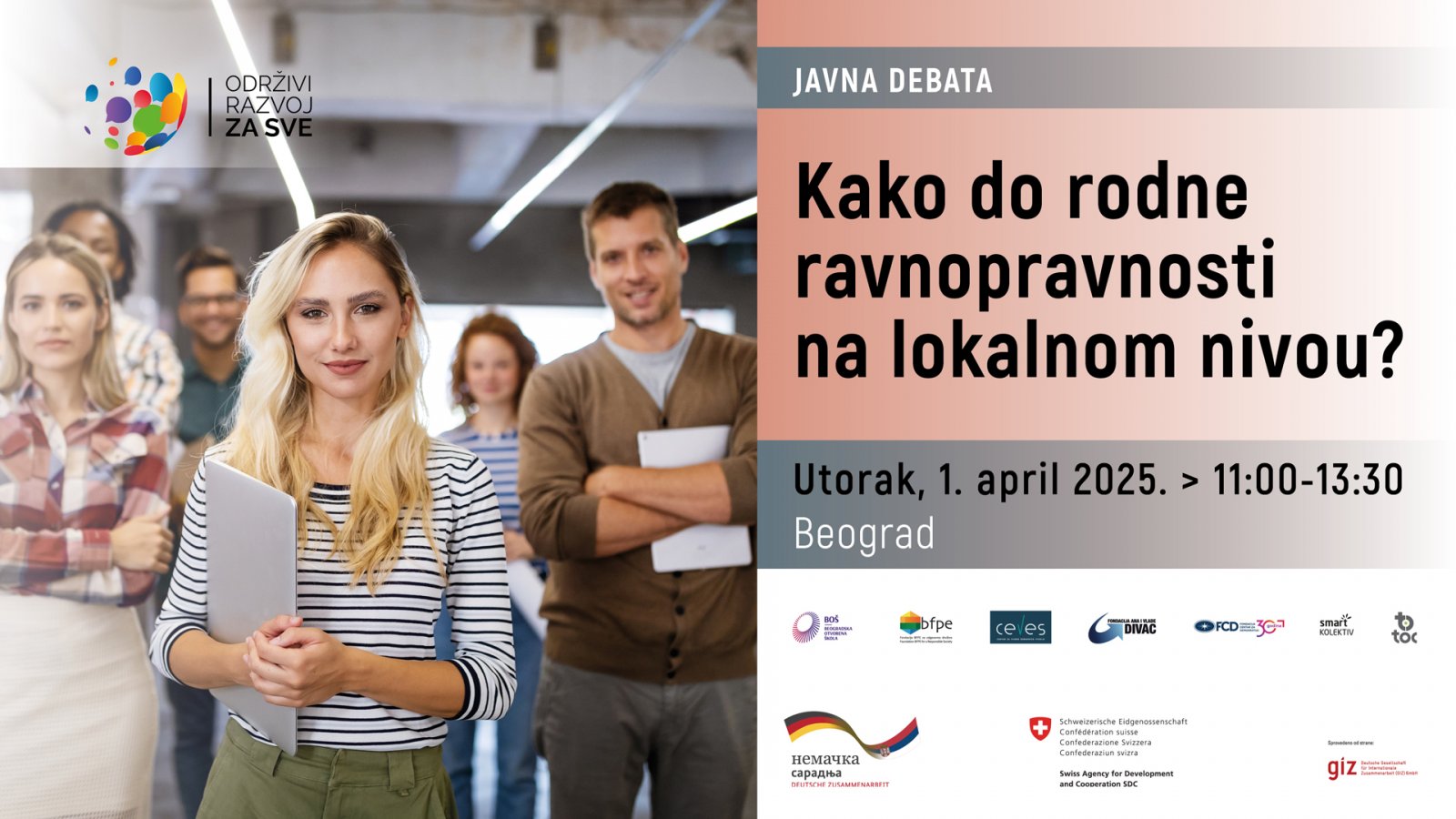
Center for Democracy Foundation
Video
Public debate – Single and Independent – Local Policies Supporting Parents Raising Children Alone
PUBLICATIONS
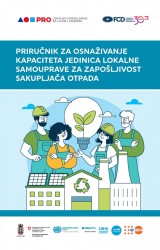 Manual for Strengthening the Capacities of Local Self-Government Units for the Employability of Waste Pickers
Manual for Strengthening the Capacities of Local Self-Government Units for the Employability of Waste Pickers
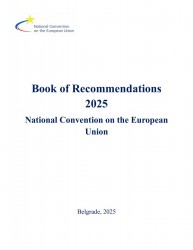 NCEU Book of Recommendations 2025
NCEU Book of Recommendations 2025
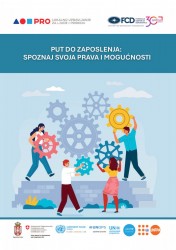 Manual “The Path to Employment: Get to Know Your Rights and Opportunities”
Manual “The Path to Employment: Get to Know Your Rights and Opportunities”
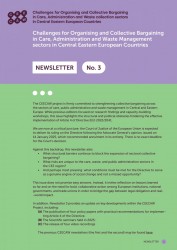 Challenges for Organising and Collective Bargaining in Care, Administration and Waste collection sectors in Central Eastern European Countries
Challenges for Organising and Collective Bargaining in Care, Administration and Waste collection sectors in Central Eastern European Countries
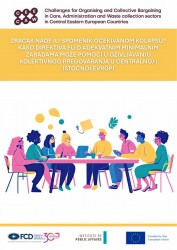 Public Policy Proposals – Collective Bargaining (CEECAW)
Public Policy Proposals – Collective Bargaining (CEECAW)
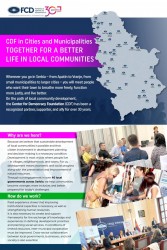 CDF in Cities and Municipalities: Together for a Better Life in Local Communities
CDF in Cities and Municipalities: Together for a Better Life in Local Communities
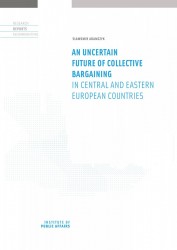 Comparative reports on collective bargaining - CEECAW
Comparative reports on collective bargaining - CEECAW
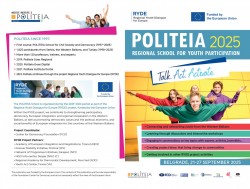 POLITEIA – Regional School for Youth Participation 2025 (leaflet)
POLITEIA – Regional School for Youth Participation 2025 (leaflet)
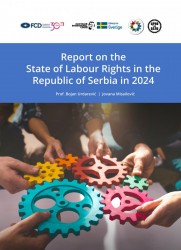 Report on the State of Labour Rights in the Republic of Serbia in 2024
Report on the State of Labour Rights in the Republic of Serbia in 2024
 Unlocking Collective Bargaining Power in Three Sectors: A Call to Action
Unlocking Collective Bargaining Power in Three Sectors: A Call to Action
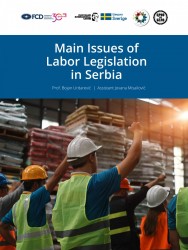 Main Issues of Labor Legislation in Serbia
Main Issues of Labor Legislation in Serbia
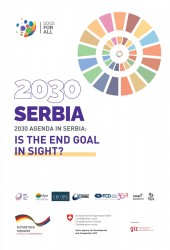 New Monitoring Report by the “SDGs for All” Platform: Is the End Goal in Sight?
New Monitoring Report by the “SDGs for All” Platform: Is the End Goal in Sight?
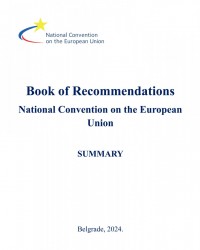 NCEU Book of Recommendations 2024 (Summary)
NCEU Book of Recommendations 2024 (Summary)
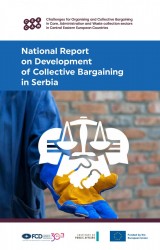 National reports on collective bargaining in Serbia - CEECAW
National reports on collective bargaining in Serbia - CEECAW
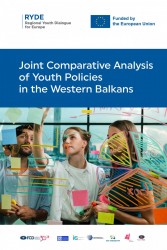 The Comparative Analysis of Youth Policies in the Western Balkans (WB)
The Comparative Analysis of Youth Policies in the Western Balkans (WB)
 Unlocking Collective Bargaining Power in Three Sectors: A Call to Action
Unlocking Collective Bargaining Power in Three Sectors: A Call to Action
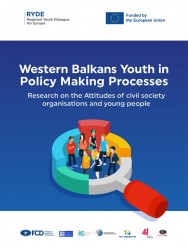 Western Balkans Youth in Policy Making Processes
Western Balkans Youth in Policy Making Processes
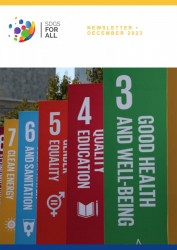 SDGs for All Platform newsletter (December 2023)
SDGs for All Platform newsletter (December 2023)


